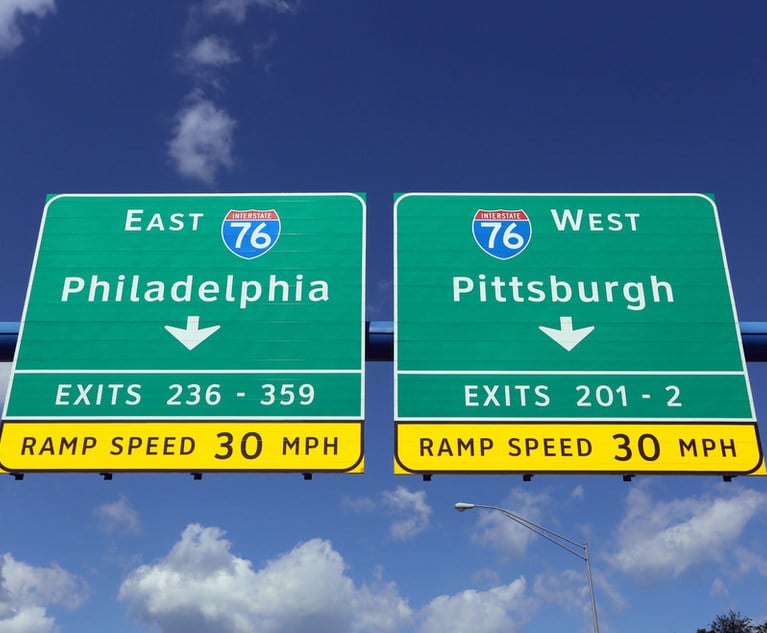As social media continues to play an ever-more prominent role in our culture, employers are frequently faced with the uncomfortable situation of encountering an employee’s social media post that, at best, reflects unfavorably upon the employer or, at worst, is outright harassment or discrimination. Pennsylvania court decisions on the intricacies or enforceability of employers’ social media policies are few and far between, and do not create particularly useful guidance for employers in navigating the minefield of social media. Without such clarity, employers are encouraged to be mindful when drafting, revising or enforcing these policies to ensure compliance with existing guidance.
While public employers face the unique challenge of balancing employees’ constitutional free speech rights against protection of the employer’s reputation, private sector employers must also consider federal law when drafting a social media policy. The National Labor Relations Act (NLRA) gives unionized and nonunionized employees the right to act together to address wages, hours, and the terms and conditions of employment. Such “protected, concerted activity” could come in the form of an employee’s social media post complaining about, for example, vacation time, inadequate supervision or perceived poor safety measures. As early as 2012, the National Labor Relations Board (the board) issued a decision finding that a Facebook conversation can be protected, concerted activity, see Hispanics United of Buffalo and Carlos Ortiz, 359 NLRB No. 37 (2012). To qualify for protection, the speech has to be more than “mere griping.” Moreover, if the speech is egregiously offensive or knowingly and maliciously false, or if it disparages the employer without relating complaints to a term or condition of employment, it will likely not be protected. If, however, the speech raises a concerted or group complaint about a term or condition of employment, the employer must take care not to discipline the employee in a manner that runs afoul of the NLRA.


 Alexandra Farone of Babst Calland Clements & Zomnir.
Alexandra Farone of Babst Calland Clements & Zomnir.




